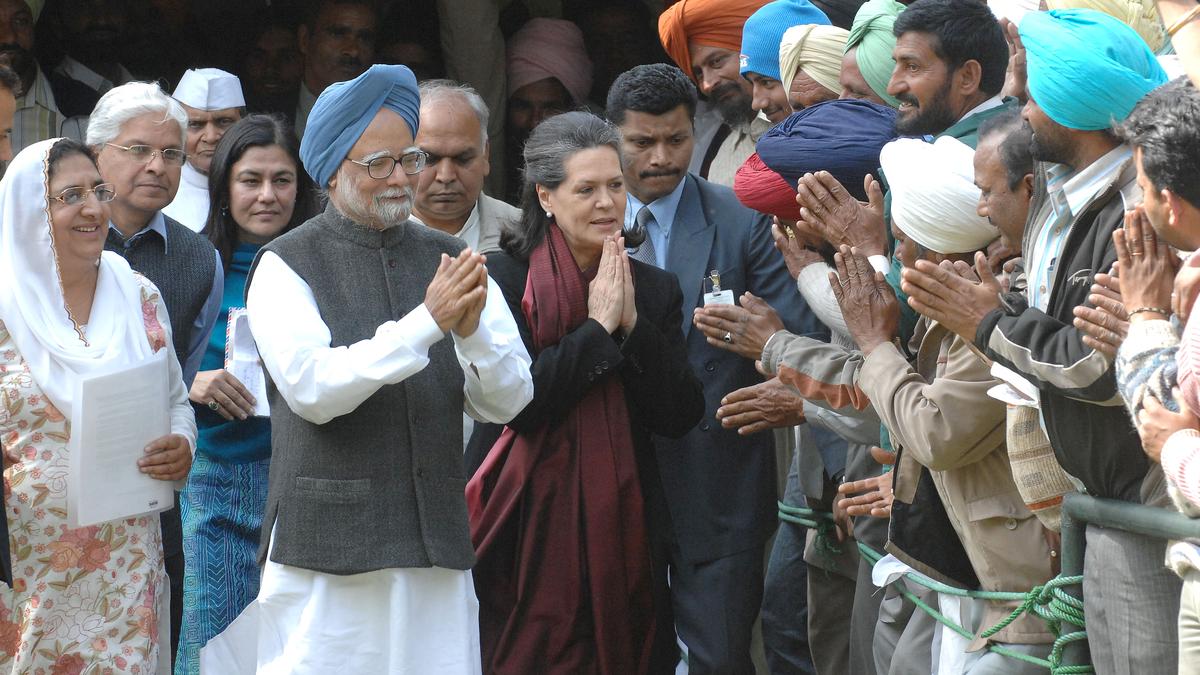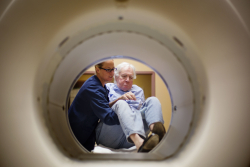You must have experienced the pain (pun intended) of trying to book a GP appointment. Unless you’re committed to ringing 100s of times at 8 am when they open, you could be waiting weeks to see your GP.
So, what is causing these delays? Read on to find out.
Too Many Patients
Significantly, the massive number of patients needing attention is a major cause of extensive delays. A rising population and the ageing have triggered increased demand for medical attention. This surge in patient numbers puts GPs under a tremendous work burden. It’s not that they don’t want to see you – the issue is that they can’t.

It doesn’t help that more people are coming to GPs with conditions that should be seen by specialists or in hospitals – which exacerbates the issue. Many patients consult general practitioners about things that could have been best managed differently owing to some deficiencies and restrictions in the healthcare system.
An almost endless list of people are going without seeing a doctor for several days, if not weeks, as the number of slots available during any day tends to be very limited compared to this overwhelming number of patients. It’s simply down to supply and demand, where the former is overwhelmed by the latter. If you’ve been struggling for a while to see your local GP, you could look at the services on: anytimedoctor.co.uk for an online GP appointment.
Growing Patient Complexities
One of the key reasons behind the delay is that patient needs are becoming more complex. Today’s general practitioners handle everything from simple diseases like flu or minor injuries, chronic ailments, mental health matters, and complex multimorbidities – they literally must cover everything in practice.

Patients suffering from chronic illnesses like diabetes, heart disease, and asthma need regular follow-ups, elaborate consultations, and personalised care plans. These appointments naturally take longer and occur more frequently, thereby adding to the workload of the GPs. Also, due to the increasing cases of mental health disorders, many patients require extensive visits to discuss manifestations and therapy options.
This rise in complexity means that each visit by a patient takes up more time, thereby reducing available slots for appointments while extending waiting times for all.
Lack of GP Staff
Another crucial factor is the lack of general practitioner staff members. To give you the numbers – for every 10,000 people, England has 7.8 GPs. How quickly do you think GPs can see that many people? The supply doesn’t match demand because there simply aren’t enough doctors available to meet their needs.

Many GPs are leaving their jobs or reducing working hours because they are overwhelmed by fatigue and other professional demands – and you can see why with those numbers.
However, the lengthy processes involved in training doctors mean that attempts to attract new physicians have been unsuccessful compared to the number of GPs the health system needs. There remains an insufficient number of qualified doctors coming up through medical school.
The reasons behind long wait times for GP appointments involve many factors, as you can see. To address these problems, there must be a comprehensive approach. In the interim, expect to continue to wait what feels like a lifetime for a standard GP appointment at your local surgery.
![]()








Leave a Comment